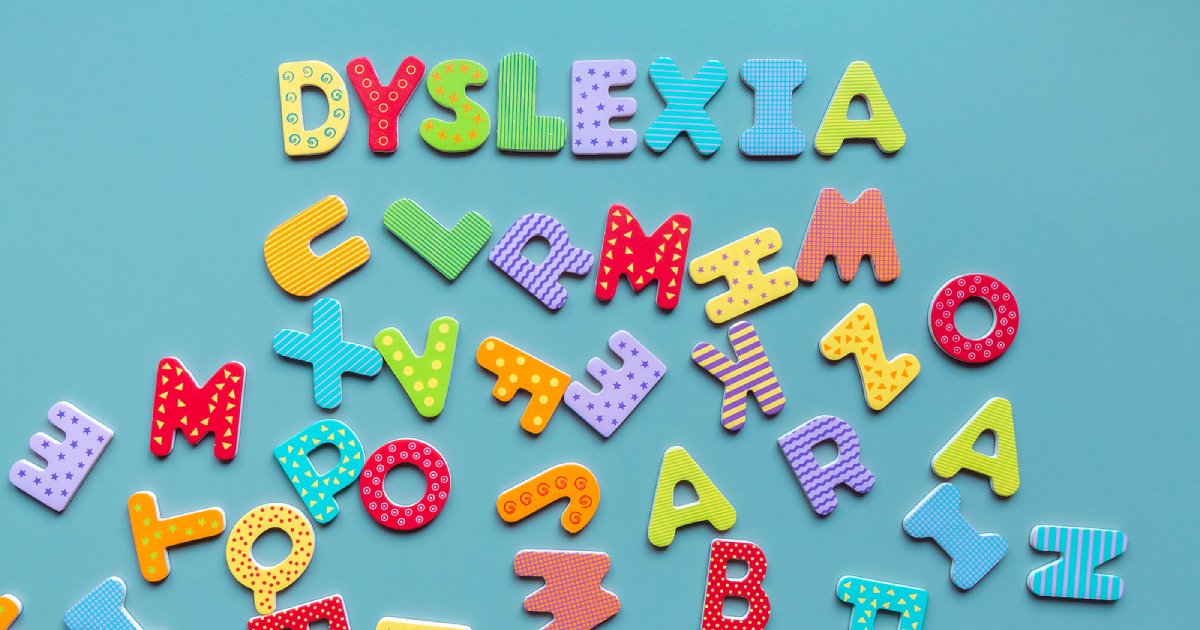Dyslexia is one of the most common learning difficulties, affecting children and adults worldwide. It impacts an individual’s ability to read, write, and spell accurately, despite having average or above-average intelligence. Many people wonder, “Does dyslexia go away?” The simple answer is no, but that doesn’t mean individuals with dyslexia cannot thrive. Understanding dyslexia’s long-term challenges is crucial in supporting those affected.
What is Dyslexia?
Dyslexia is a neurological condition that primarily affects reading. It is not related to intelligence but to the way the brain processes written and spoken language. People with dyslexia often have trouble with decoding words, which can make reading slow and laborious. They may also struggle with spelling, writing, and sometimes even speaking fluently.
Although it is often diagnosed in childhood, dyslexia does not go away as a person grows older. Instead, it continues to present challenges in different ways throughout life. However, with the right strategies, individuals with dyslexia can manage these challenges and succeed in their personal and professional lives.
The Lifelong Nature of Dyslexia
Dyslexia does not simply disappear with age or development. The condition persists because it is rooted in how the brain processes language. For example, research has shown that dyslexia is associated with differences in brain structure and function, particularly in areas responsible for phonological processing, which is crucial for decoding written words.
That being said, the intensity and impact of dyslexia can change over time. Early intervention and specific strategies can greatly reduce the negative effects of dyslexia. For many, these strategies improve their ability to read, write, and process language. However, they may still encounter difficulties in more complex tasks as they grow older, such as understanding multi-step instructions, engaging in detailed reading, or managing time and tasks effectively.
How ADHD and Dyslexia Overlap
ADHD Singapore treatment is often sought by families whose children also show signs of dyslexia. The co-occurrence of these two conditions is not uncommon. Children with ADHD tend to struggle with focus and impulse control, which can complicate the difficulties presented by dyslexia.
The combination of ADHD and dyslexia means children are often facing a dual challenge. For example, a child with both conditions may have trouble staying on task and also struggle to read efficiently. This makes early diagnosis and intervention critical. While ADHD treatment in Singapore can provide relief for attention issues, it is equally important to address the dyslexia symptoms to improve the child’s overall academic experience.
Support Strategies for Individuals with Dyslexia
Although dyslexia is a lifelong condition, the right support and interventions can make a significant difference. The key to managing dyslexia is tailored educational support, which may include the following dyslexia therapy techniques:
1. Specialized Tutoring: Many individuals with dyslexia benefit from one-on-one instruction provided by specialists trained in teaching children with learning challenges. These trainings often use structured techniques targeting phonemic awareness, fluency, vocabulary, comprehension, word recognition, and concept imagery to help students decode words more effectively and build strong foundational reading skills.
2. Multisensory Learning: Techniques that engage multiple sensory systems—such as visual, auditory, tactile, proprioceptive, and vestibular—can enhance brain processing and strengthen the learning process. Activities like listening to rhythmic patterns or instructions, using movement-based tasks (such as balance boards or crawling paths), and incorporating visual cues (like color-coded materials) help organize sensory input and support attention, memory, and motor planning.
The Role of Parents and Teachers
The role of parents and teachers cannot be understated when it comes to supporting children with dyslexia. With the right approach, they can help children build confidence and succeed academically. Parents should be proactive in seeking out interventions and working closely with teachers and specialists to ensure their child’s needs are met.
Parents can also foster a supportive environment at home by providing additional time for homework, helping with organization, and offering encouragement. Encouraging a growth mindset, where effort is valued over perfection, can also help children with dyslexia build resilience.
ADHD Treatment in Singapore and Dyslexia Support
When it comes to ADHD treatment in Singapore, it is essential that clinicians consider any co-existing conditions such as dyslexia. A comprehensive evaluation will help tailor interventions that address both ADHD and dyslexia. This could involve a combination of medication for ADHD and educational accommodations for dyslexia.
Children with both ADHD and dyslexia can benefit from a holistic approach that integrates interventions, academic support, and family involvement. The Singapore Brain Development Center (SBDC) offers a comprehensive evaluation process that helps identify and treat ADHD and learning difficulties, including dyslexia. With the right treatment, children can improve their cognitive functions and develop the skills they need for lifelong success.
Conclusion
Although dyslexia does not go away, it is important to understand that it is not a roadblock to success. With early diagnosis and the right intervention, individuals with dyslexia can develop the strategies they need to thrive. Whether in the classroom or in life, people with dyslexia have the potential to achieve great things.
The journey for individuals with dyslexia is unique to each person. It may require continuous learning, adjustments, and support from various specialists, including educators, therapists, and medical professionals. For families in Singapore seeking guidance on ADHD and dyslexia treatment, the Singapore Brain Development Center (SBDC) offers tailored solutions to help children overcome their challenges. Learn more about how SBDC can support your child’s development by contacting us today.

